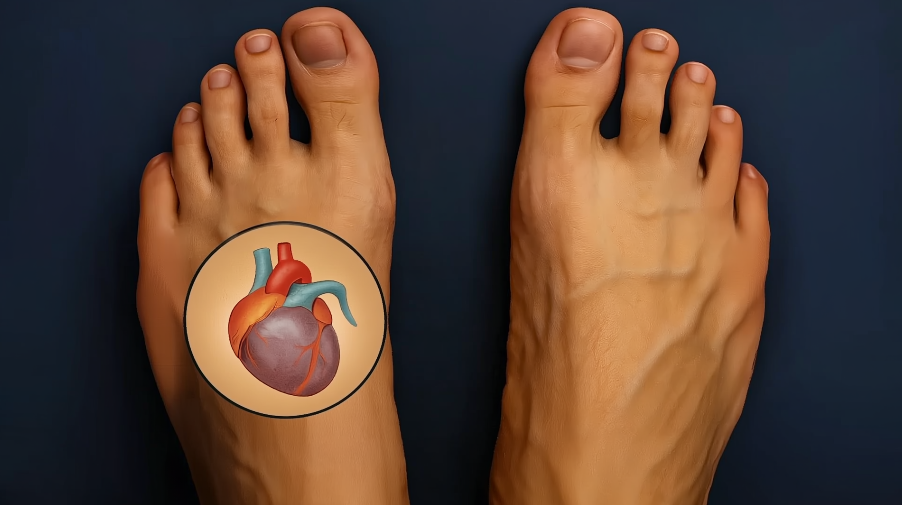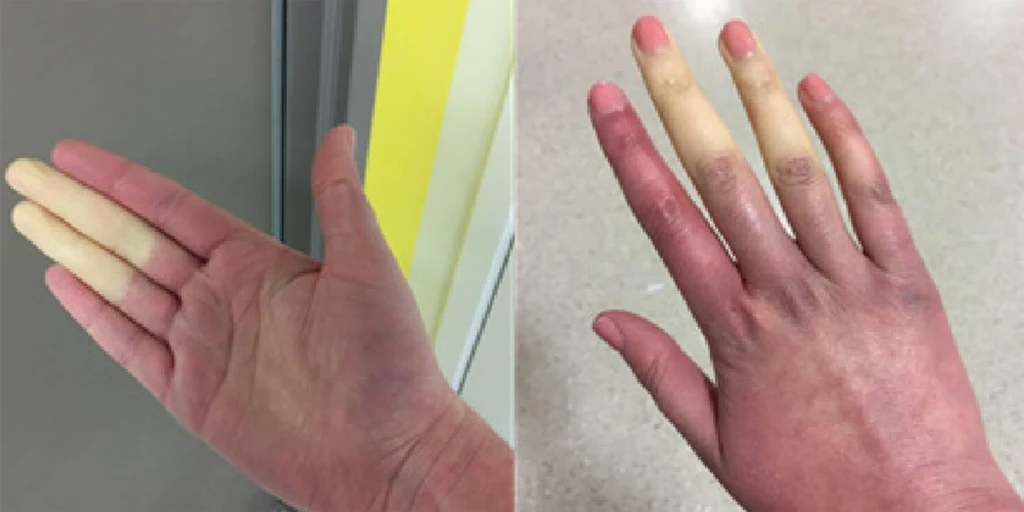Heart disease is often considered an issue for men, but it is in fact the leading cause of death among women as well. For women over 40, the risk of a heart attack begins to rise significantly due to hormonal changes, lifestyle factors, and overall health. Unfortunately, the warning signs in women can look quite different from the “classic” scene of someone clutching their chest. Recognizing these less common signs can be life-saving.
Warning Signs of a Heart Attack in Women
Extreme, Unexplained Tiredness One of the most frequently overlooked symptoms is profound, unexplained exhaustion. Women frequently attribute this to stress, a lack of sleep, or simply growing older. However, when fatigue feels sudden, severe, and is not relieved by rest, it could be a warning sign. Some women report feeling too drained to complete everyday activities, such as climbing a flight of stairs or carrying groceries, in the days or weeks leading up to a heart attack.
Chest Pressure or Discomfort While men typically describe a crushing chest pain, women may experience milder or different sensations. This can include feelings of pressure, squeezing, a sense of fullness, or a burning feeling in the center of the chest. Sometimes it comes and goes, rather than being constant. Because the sensation is not always intense, many women mistakenly choose to ignore it.
Difficulty Breathing Struggling to breathe, even without accompanying chest pain, can be an indicator of a heart problem. If you suddenly find yourself gasping for air while performing a light activity—or even while resting—it may mean your heart is struggling to pump blood effectively. This symptom often appears alongside fatigue or chest discomfort.
Pain in the Neck, Jaw, or Back Women are more likely than men to feel heart attack pain in areas other than the chest. Discomfort can radiate to the neck, jaw, upper back, or even the stomach. Some women describe it as a sharp, intense pain, while others feel a persistent, dull ache that won’t go away. This “silent” symptom is often mistaken for muscle strain or simple indigestion.
Flu-like Symptoms A heart attack can sometimes feel like a bad case of the flu. Nausea, vomiting, lightheadedness, or sudden cold sweats are common warning signs. Women may dismiss these symptoms as food poisoning or a stomach bug, but if they appear suddenly and alongside other discomfort, it is crucial to take them seriously.
Changes in Sleep Patterns Studies have shown that women who later suffer a heart attack often report having sleep problems beforehand. Difficulty falling asleep, waking up feeling unrested, or experiencing unusual anxiety at night can be subtle indicators that the heart is under strain.
Why Women May Delay Care
Many women tend to put their health last, prioritizing the needs of their family and their work responsibilities. Others believe they are “too young” to have a heart attack or assume symptoms like indigestion and fatigue are not serious. This delay in seeking treatment can lead to more severe damage or even death.
What to Do
If you notice any of these symptoms—especially in combination—do not hesitate. Call emergency services immediately. Early treatment significantly increases survival rates and reduces long-term heart damage. It is also important for women over 40 to schedule regular checkups, manage blood pressure and cholesterol, stop smoking, exercise regularly, and maintain a heart-healthy diet.
Final Thoughts
Heart attacks in women often do not present in the way we expect. The signs may be subtle, dispersed, or easily confused with less serious conditions. By learning to recognize the unique warning symptoms, women can take faster action and protect their health. Awareness is the first step, and for women over 40, it can be the difference between life and death.







